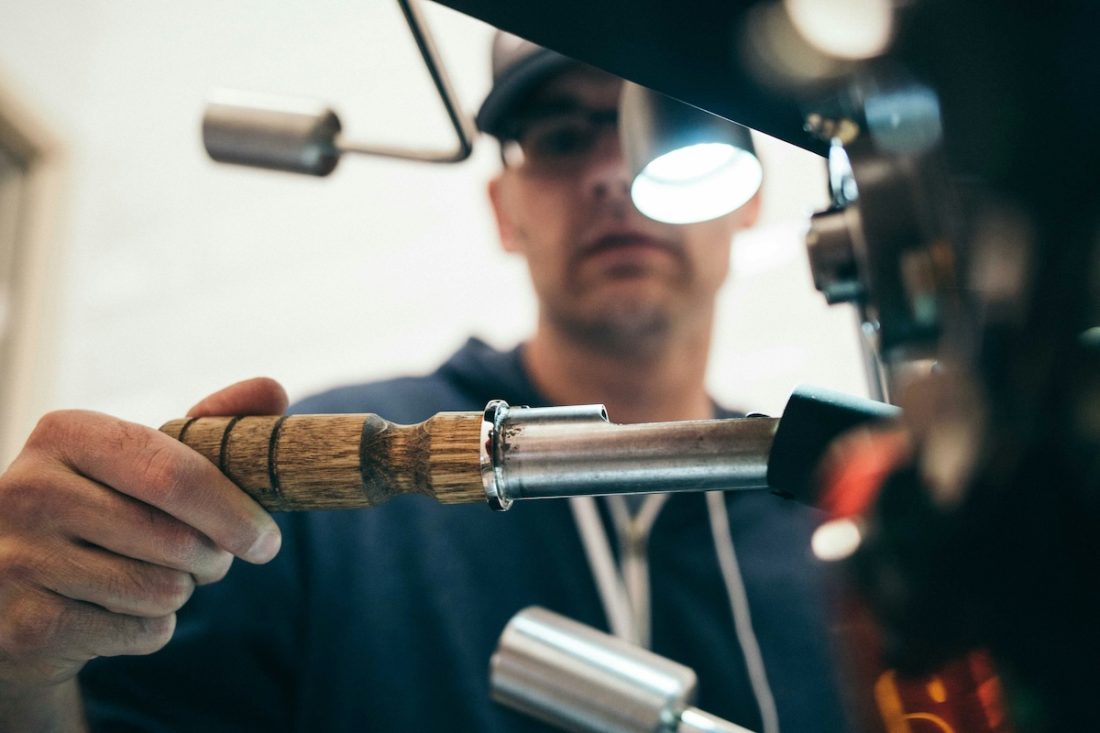Plumbing issues not only disrupt daily life but can quickly escalate into expensive catastrophic failures, causing extensive property damage and downtime. Fortunately, proactive maintenance and early detection can save time, effort, and significant costs. Below, we’ll explore practical and effective methods to prevent plumbing disasters before they occur.
1. Know Your System
Understanding your plumbing system is the first step to preventing failures. Familiarize yourself with the location of key components like the main water shutoff valve, septic tank access, and water heater. Having this knowledge will help you act quickly in case of an emergency and perform periodic checks to ensure everything is operating smoothly.
2. Conduct Regular Inspections
Pipes, fittings, water heaters, and drains should be inspected regularly for signs of wear, corrosion, or leaks. Even the smallest visible leaks can indicate a bigger issue lurking behind walls or under floors. By scheduling routine inspections with a licensed plumber Richmond Hill, potential problems can be identified and mitigated early.
3. Monitor Water Pressure
High water pressure might feel convenient when showering but can stress pipes and lead to leaks or bursts over time. Use a pressure gauge to ensure your water pressure stays between 40–60 psi. If you notice consistently high readings, consider installing a pressure regulator to safeguard your plumbing system.
4. Avoid Drain Misuse
Many plumbing issues stem from the way household drains are treated. Avoid flushing non-flushable items, like wipes or paper towels, and never pour grease or oils down the sink. Taking these simple precautions can help prevent clogs, backups, and unnecessary strain on your system.
5. Invest in Preventive Maintenance
Professional maintenance services, such as hydro-jetting or septic system pumping, are essential to keep your plumbing in prime condition. These services help remove buildup in pipes, minimize blockages, and extend the life of your system. A septic system, for example, should typically be pumped every 3–5 years depending on its usage.
6. Upgrade Outdated Systems
Homes with older plumbing systems are more prone to failures due to wear and tear over time. Pipes made from outdated materials like galvanized steel or polybutylene can deteriorate, leading to leaks or sudden bursts. Upgrading to modern, durable materials such as PEX or copper is a wise investment that can prevent costly repairs in the future.
7. Watch for Warning Signs
Be vigilant for potential warning signs like slow drains, gurgling sounds, discoloration in water, or unusual spikes in your water bill. These indicators often point to underlying issues that require immediate attention. Addressing them early can prevent small problems from turning into catastrophic failures.
8. Install Smart Plumbing Technology
Leverage modern technology to safeguard your plumbing system. Devices like smart water sensors can detect leaks in real-time and alert you before the issue worsens. Some advanced systems even feature auto shutoff capabilities to prevent severe water damage.
Why Prevention Matters
A catastrophic plumbing failure can result in thousands of dollars in repairs, damage to your property’s structure, and potential health hazards. Prevention is always more cost-effective than reacting after an issue arises. By adopting these preventive measures, you’ll protect your home or business from avoidable disasters.
For expert advice and reliable plumbing solutions, trust professionals like All About Plumbing & Septic to guide you through maintenance, inspections, and system upgrades.
Start taking action today—the health of your plumbing system depends on it!


